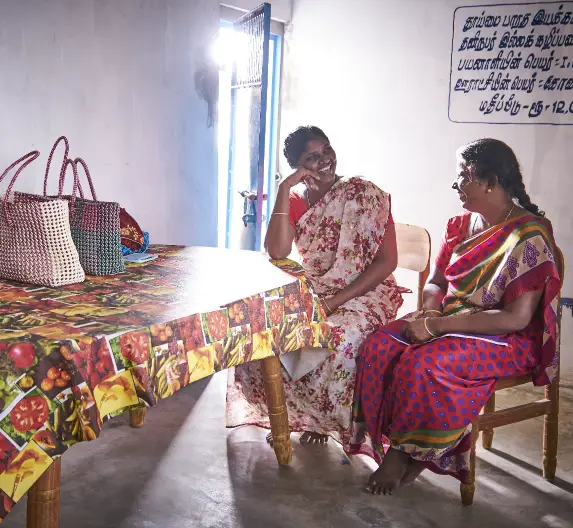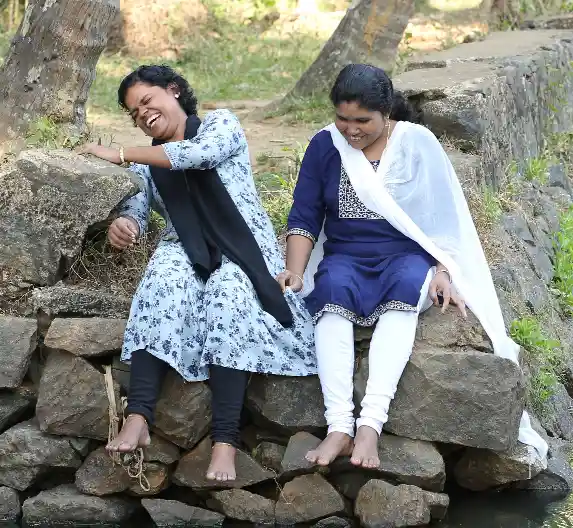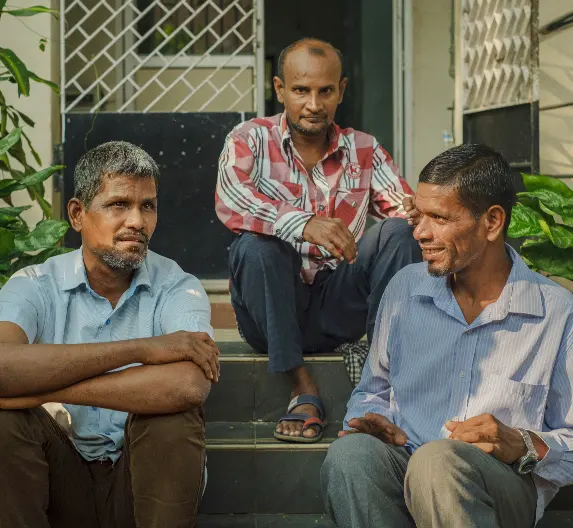Our Vision
An Inclusive, Just, and Humane World That Promotes Capabilities and Participation Among Persons Living with Psychosocial Distress
Our vision is to create a world that is inclusive, just, and humane—one that values the capabilities and active participation of individuals living with psychosocial distress. We believe it is our collective responsibility to support those living at the margins, ensuring they have the resources and opportunities to lead fulfilling lives. Guided by principles of social justice and human rights, we are committed to empowering individuals with psychosocial disabilities and advancing their full inclusion in society.
Our Mission
Enabling Access To Comprehensive, Integrated, Person-Centred Mental Health Care For Persons Living In Poverty And Homelessness Through Culturally Resonant Clinical And Social Care Pathways.
We work tirelessly to enable access to comprehensive, integrated, person-centred mental health care for persons living in poverty and homelessness via culturally resonant clinical and social care pathways. With over three decades of experience in the field, we have helped transform the lives of countless individuals and families nationwide. Join us in our mission to create a more inclusive and equitable society where everyone can access the care and support, they need to live happy, healthy lives.
Our Story
Tracing Our Journey Towards Building Better Mental Health Ecosystems
In 1993, Vandana Gopikumar and Vaishnavi Jayakumar encountered a woman walking in the middle of traffic on a busy road in Chennai. She was homeless with a mental health issue and visibly distressed. In their attempts to find her a safe space, they discovered that there were no services that acknowledged the needs of the marginalised constituency of homeless women with mental illness. Several more such encounters over the next few months left the duo disillusioned and the idea was born: they should do something about the problem themselves. This led to the founding of The Banyan on August 27, 1993.


